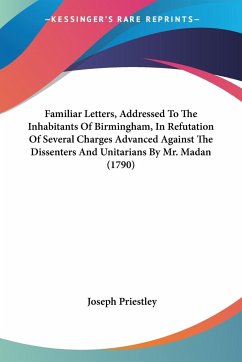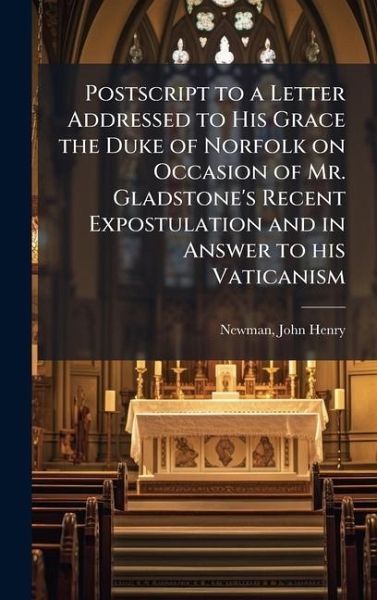
Postscript to a Letter Addressed to His Grace the Duke of Norfolk on Occasion of Mr. Gladstone's Recent Expostulation and in Answer to his Vaticanism
Versandkostenfrei!
Versandfertig in über 4 Wochen
26,99 €
inkl. MwSt.
Weitere Ausgaben:

PAYBACK Punkte
13 °P sammeln!
In "Postscript to a Letter Addressed to His Grace the Duke of Norfolk," John Henry Newman continues his defense of Catholic doctrine against accusations leveled by William Gladstone. This postscript, written in response to Gladstone's pamphlet "Vaticanism," further clarifies Newman's position on papal infallibility and the relationship between religious authority and civil allegiance. Addressing the Duke of Norfolk, Newman elaborates on the nuances of Catholic belief and practice, seeking to dispel misunderstandings and allay fears regarding the loyalty of Catholics to the British Crown. Newma...
In "Postscript to a Letter Addressed to His Grace the Duke of Norfolk," John Henry Newman continues his defense of Catholic doctrine against accusations leveled by William Gladstone. This postscript, written in response to Gladstone's pamphlet "Vaticanism," further clarifies Newman's position on papal infallibility and the relationship between religious authority and civil allegiance. Addressing the Duke of Norfolk, Newman elaborates on the nuances of Catholic belief and practice, seeking to dispel misunderstandings and allay fears regarding the loyalty of Catholics to the British Crown. Newman's eloquent and reasoned arguments provide valuable insight into the religious and political controversies of the late 19th century. This work remains relevant for those interested in the history of Catholic theology, the dynamics of religious debate, and the complex interplay between faith and citizenship. This work has been selected by scholars as being culturally important, and is part of the knowledge base of civilization as we know it. This work was reproduced from the original artifact, and remains as true to the original work as possible. Therefore, you will see the original copyright references, library stamps (as most of these works have been housed in our most important libraries around the world), and other notations in the work. This work is in the public domain in the United States of America, and possibly other nations. Within the United States, you may freely copy and distribute this work, as no entity (individual or corporate) has a copyright on the body of the work. As a reproduction of a historical artifact, this work may contain missing or blurred pages, poor pictures, errant marks, etc. Scholars believe, and we concur, that this work is important enough to be preserved, reproduced, and made generally available to the public. We appreciate your support of the preservation process, and thank you for being an important part of keeping this knowledge alive and relevant.



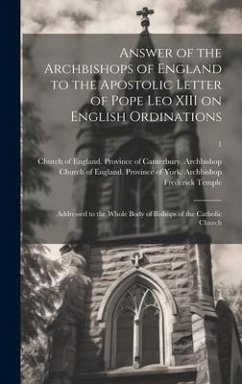
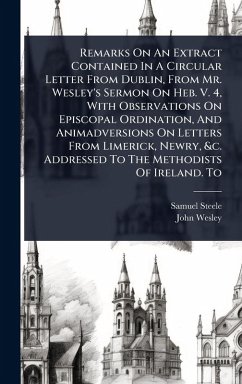



![Remarks on the Rev. Mr. Stanser's Examination of the Rev. Mr. Burke's Letter of Instruction to the C.M. of Nova Scotia [microform]: Together With a Re Cover Remarks on the Rev. Mr. Stanser's Examination of the Rev. Mr. Burke's Letter of Instruction to the C.M. of Nova Scotia [microform]: Together With a Re](https://bilder.buecher.de/produkte/66/66190/66190632n.jpg)

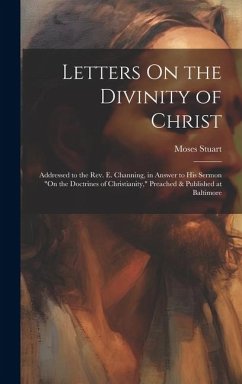
![A Defence of the Church-government, Faith, Worship, and Spirit, of the Presbyterians [microform]: in Answer to a Book, Entitled An Apology for Mr. Tho Cover A Defence of the Church-government, Faith, Worship, and Spirit, of the Presbyterians [microform]: in Answer to a Book, Entitled An Apology for Mr. Tho](https://bilder.buecher.de/produkte/65/65490/65490264n.jpg)
